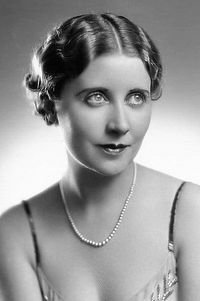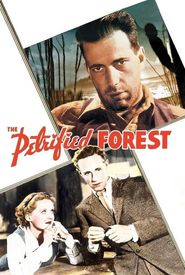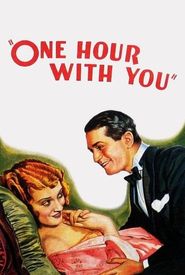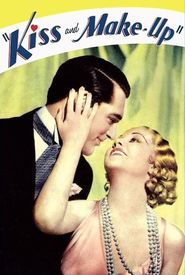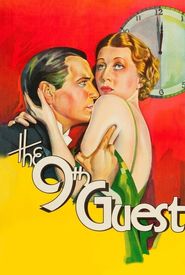Genevieve Tobin was born in New York to a stage entertainer parent, and as a child, she began her acting career by appearing in the silent short film "Uncle Tom's Cabin" (1910). Her older brother George Tobin and younger sister Vivian Tobin also pursued careers in stage and film acting. By her teenage years, Genevieve had established herself as a sparkling blonde ingénue on 1920s Broadway, impressing audiences with her chic looks and vivacious personality. She was considered a medium-weight talent, yet she tackled a range of roles, including Cordelia in "King Lear" (1923),in addition to her usual frothy comedies and musicals such as "Polly Preferred" (1923).
Genevieve's performance in Cole Porter's musical "Fifty Million Frenchmen" (1929) in New York, where she introduced the song "You Do Something to Me," marked a turning point in her career. She began focusing on films, particularly screwball farce, starting with a couple of glamorous leading lady roles in the early talkies "A Lady Surrenders" (1930) and "Free Love" (1930),both co-starring Conrad Nagel.
As the 1930s progressed, Genevieve moved into second leads, often playing the role of the arch or self-involved 'other woman.' She appeared in notable films such as "One Hour with You" (1932) with Maurice Chevalier and Jeanette MacDonald, "Goodbye Again" (1933) co-starring Warren William and Joan Blondell, "Kiss and Make-Up" (1934) with Cary Grant and Helen Mack, "The Goose and the Gander" (1935) with Kay Francis and George Brent, and "No Time for Comedy" (1940) with James Stewart and Rosalind Russell, directed by her husband William Keighley.
Genevieve married Keighley and abandoned her acting career, dedicating herself to high society. The marriage lasted for 46 years until Keighley's death in 1984 at the age of 90. Genevieve herself lived to be a nonagenarian, passing away of natural causes in 1995 in Pasadena, California.
